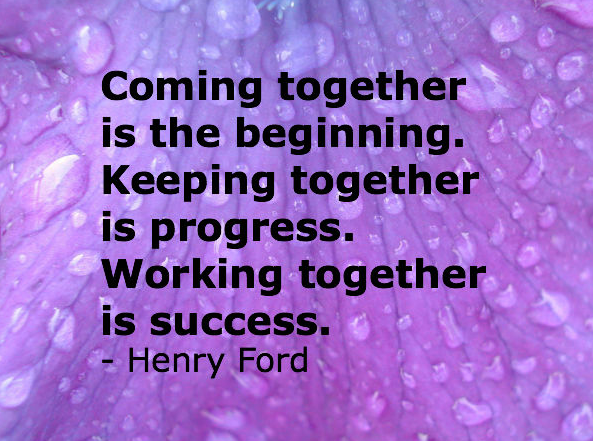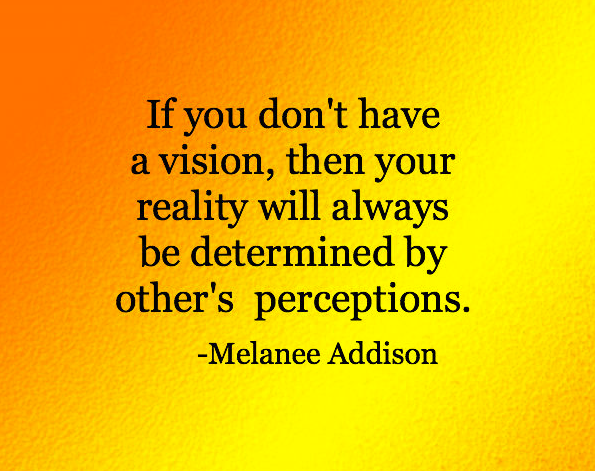HOW'S YOUR TEAMWORK?

3-MINUTE READ
Teamwork is a method that aligns employee mindsets in a cooperative and usually selfless manner towards a specific business purpose. Today there is no business or organization that doesn’t talk about the need for and value of teamwork in the workplace. Some things cannot be accomplished by people working individually. Larger, more ambitious goals usually require that people work together with others. Because of this, teamwork is a desired goal of many businesses and organizations today.
People who have well developed teamwork skills easily form relationships with mutual respect among diverse types of people. They understand the strengths and weaknesses of others and place a high priority on the success of their department and/or organization. People with strong skills in teamwork support team decisions and share responsibility with team members for successes and failures.
How do you develop your own skills in Teamwork?
• Show respect for all other people and display sincere interest in them as individuals.
• Work on improving or enhancing your communication skills.
• Give positive feedback as often as possible.
• If you have a difficult relationship with someone, work to improve it through self-awareness and respect for differences.
• Be enthusiastic about your ideas but don’t be overbearing or domineering when you express them. Try not to interrupt other people and listen to their ideas carefully before you disagree.
• Discuss your ideas with your teammates until you agree.
• Be willing to step back from a disagreement and cooperate.
• Teach yourself not to be defensive. Think of negative feedback as opportunities for improvement, not personal affronts.
• Be tolerant of others. Recognize that others’ viewpoints are as important to them as yours are to you!
Self-observation
Ask someone you trust to help you identify times when you come across as overbearing, domineering or intolerant of others. Keep a log of your behavior over the next month or so. Then, try to answer the following questions as you look at your notes:
• Are there patterns to your actions? What are they?
• Do you interrupt often in meetings or conversations? Do you interrupt certain people more often than others?
• Are you particularly sensitive or domineering on certain topics or with certain people?
• How does your behavior make those people feel and/or react?
If you discover you would like to build your teamwork skills or the skills of your team, we would be glad to be part of the process.
Your Coach,
Shandel



We will help you and your team change direction, accelerate growth, go faster, and reach the next level of success for your leadership and business development by using the principles that make up a “Shandel”.